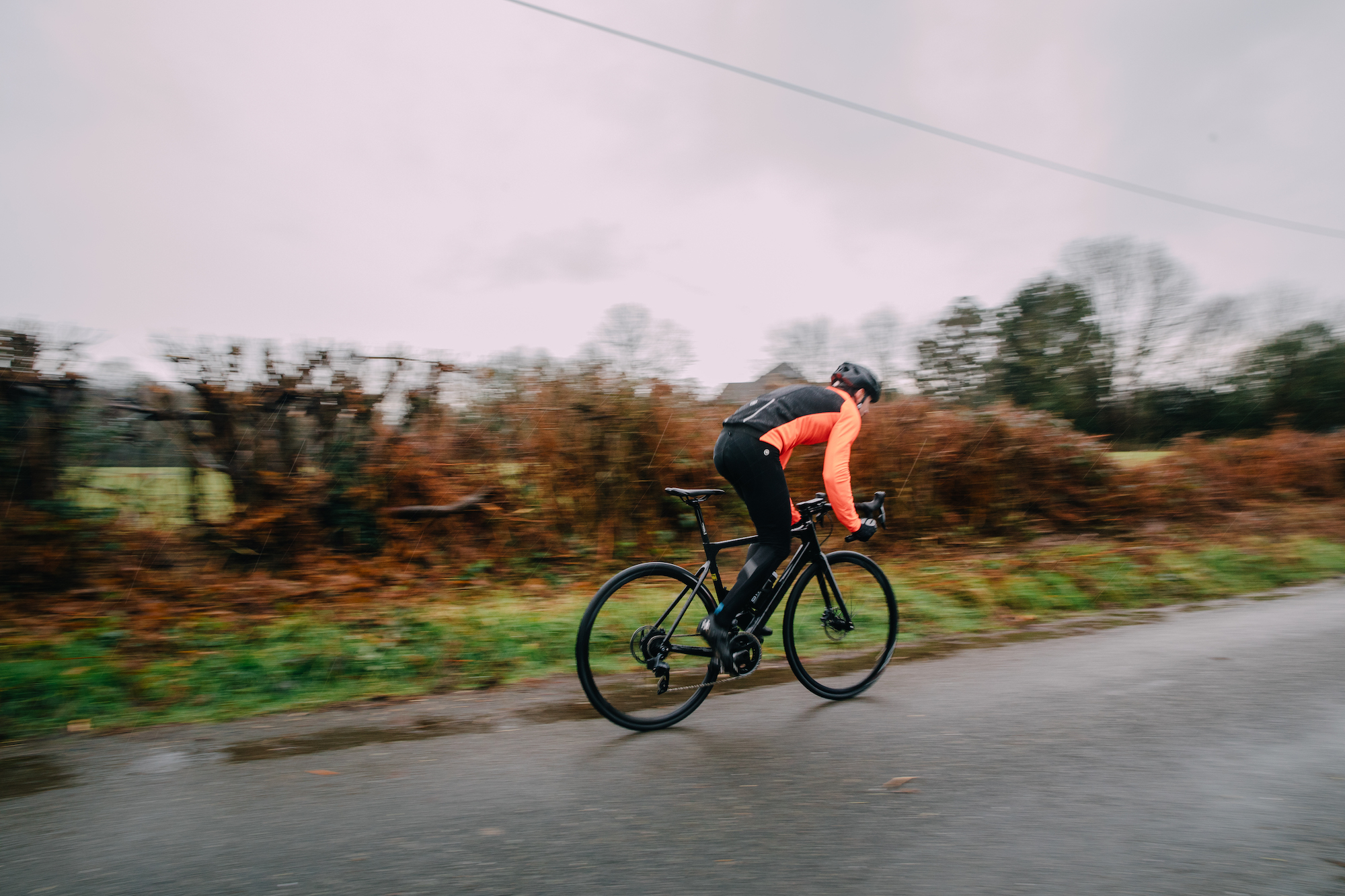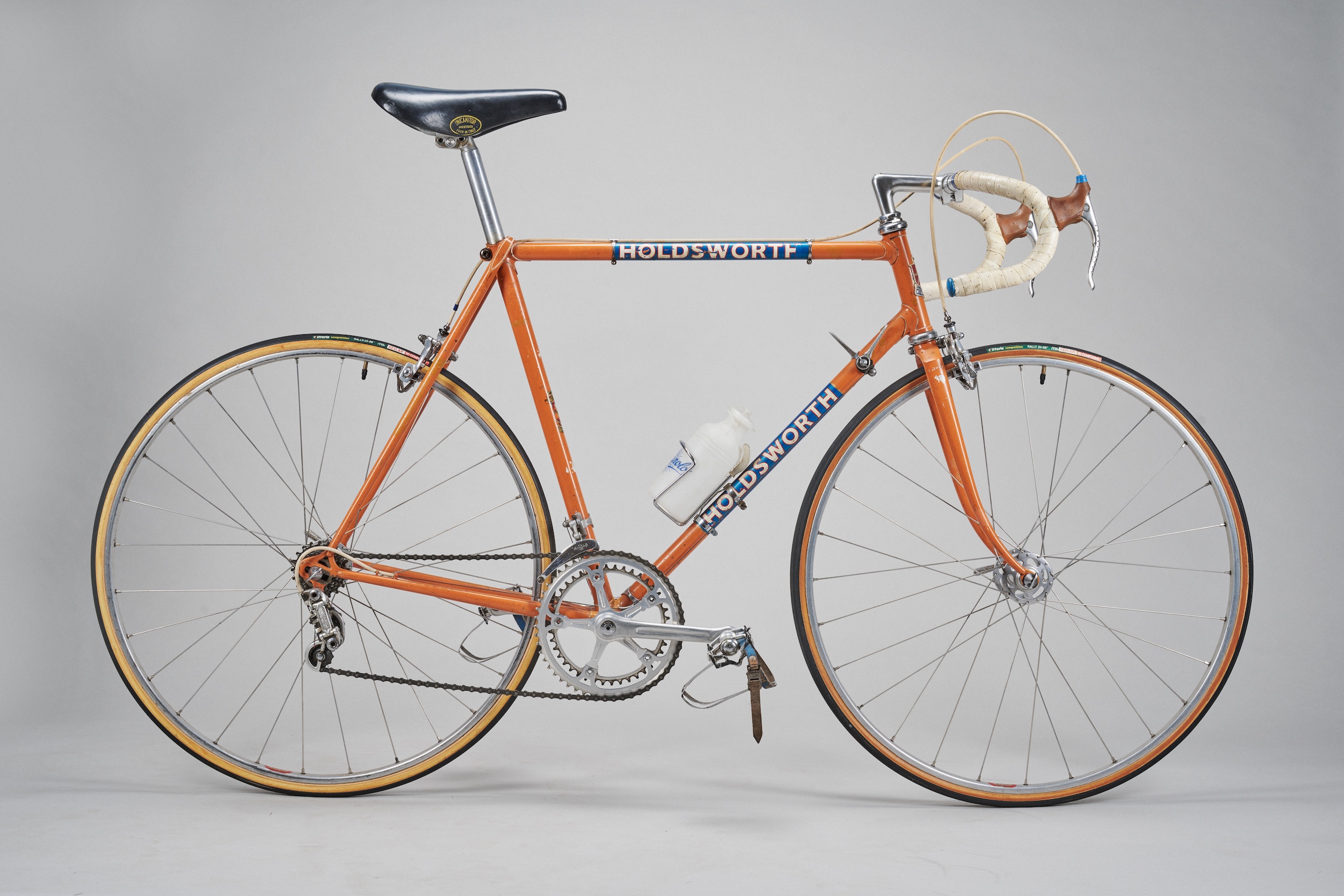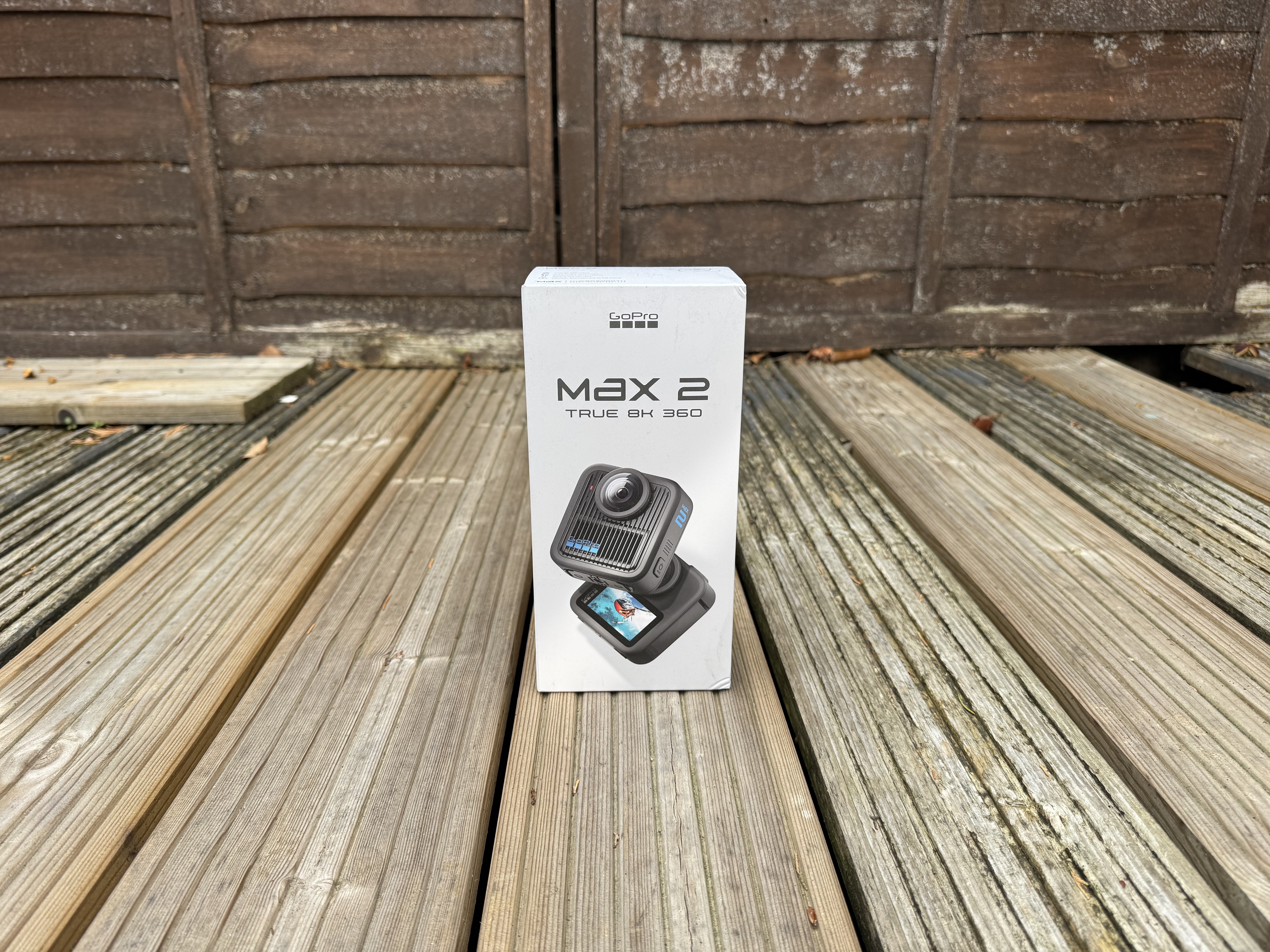How to cycle 50 miles
Build up to that half century ride in the most efficient and enjoyable way possible in association with Alzheimers Research UK

Riding a half century is a significant milestone for any cyclist first starting out in the sport. Whether it be your end goal or the first step on your cycling journey. Being able to get to 50 miles isn’t as easy as it sounds and requires structure and hard work to reach it.
Here are some useful tips to take on board in your pursuit of that half century landmark.
Click here for full screen reader
Structured training sessions
It may be tempting to just roll out of your front door, ride for 30 minutes and come home. But introducing a structured plan and training sessions within it will ensure your body adapts to the type of riding required to complete a half century.
Introducing long steady rides on the weekend, as well as some interval or tempo rides in the week will mean your body will get used to riding across different training zones and will adapt better when it is required to ride at certain intensities over the course of a long ride.
Build up the mileage
Pushing your body to ride distances that it may not be used to and if done so may be susceptible to injuries or illnesses, especially if you don’t allow it to recover sufficiently.
Working towards the ’10 per cent rule’ allows steady progression and overload without putting your body at risk, this means you shouldn’t look to do more than 10 per cent more than your previous long ride when you head out the following week.
The latest race content, interviews, features, reviews and expert buying guides, direct to your inbox!
This is a general guidance and doesn’t need to be stuck to rigidly, but following it gives a rough idea of how you can plot out your process to 50 miles.
Fuel to perform
No matter how you sugarcoat it, 50 miles is a significant distance and therefore you are going to be riding for a prolonged amount of time. This means you will need to refuel and rehydrate whilst on the bike to ensure you don’t fatigue and hit the dreaded bonk.
Everyone is different in the amount of carbohydrates and fluids they need to take on during a ride, this can also be dictated by the climate and weather you are riding in on the day. But a good starting point is 60 grams of carbohydrates and one full bottle per hour.
It is best to test this out in training rides to see what works best for you, as well as getting used to opening energy gels, drinking with one arm off the bike and eating other foods whilst riding. If you aren’t confident to do this straight away don’t feel pressurised to do so and stop to drink and eat if you feel more confident to do so.
Cross training
It’s not all about the bike when it comes to building up your fitness, with other off the bike activities proving effective additions to your training plan.
Swimming and walking or conditioning exercise sessions such as yoga or pilates can be more beneficial than grinding out junk miles on the bike.
Plot out a route to suit your ability
Unsurprisingly when you ride 50 miles, you are going to be covering a lot of ground both literally and figuratively. So ensuring that the 50 mile route you chose is suitable to your ability is key.
The challenge of riding a half century can be multiplied if you coincide this with hundreds or even thousands of vertical metres as well. Even though it may be unavoidable to skip some ascents, it is possible to ensure you aren’t grinding your way up climbs for the majority of your ride or hit with a succession of consecutive ascents.
It is also wise to avoid any nasty steep kickers when your legs may be on the limit at the end of your ride.
Enjoy the training and the satisfaction of completing a half century
50 miles is a long way, and something for any cyclist to be proud of. But it must be respected and can’t be taken for granted.
But once you reach the end, the hard graft and sacrifice will all be worth it for the satisfaction of knowing you have taken on and completed the challenge.
Join the thousands of people cycling for Alzheimer’s Research UK, the UK’s leading dementia research charity dedicated to diagnosis, prevention, treatment and cure.
Sign up to an event and set up a fundraising page today.
Founded in 1891, Cycling Weekly and its team of expert journalists brings cyclists in-depth reviews, extensive coverage of both professional and domestic racing, as well as fitness advice and 'brew a cuppa and put your feet up' features. Cycling Weekly serves its audience across a range of platforms, from good old-fashioned print to online journalism, and video.
-
 This bike belonged to a 70's legend of the UK scene, and to think it was just a hand-me-down
This bike belonged to a 70's legend of the UK scene, and to think it was just a hand-me-downLes West’s Holdsworth Professional is a scarce, hand-built masterpiece, which narrowly escaped being mass-produced in a factory
-
 GoPro MAX2 Review: GoPro comes back in to the 360˚ camera market with a bang
GoPro MAX2 Review: GoPro comes back in to the 360˚ camera market with a bangSome unique resilience features and practical size makes the new MAX2 a super 360˚ action camera. But some glaring faults remain.